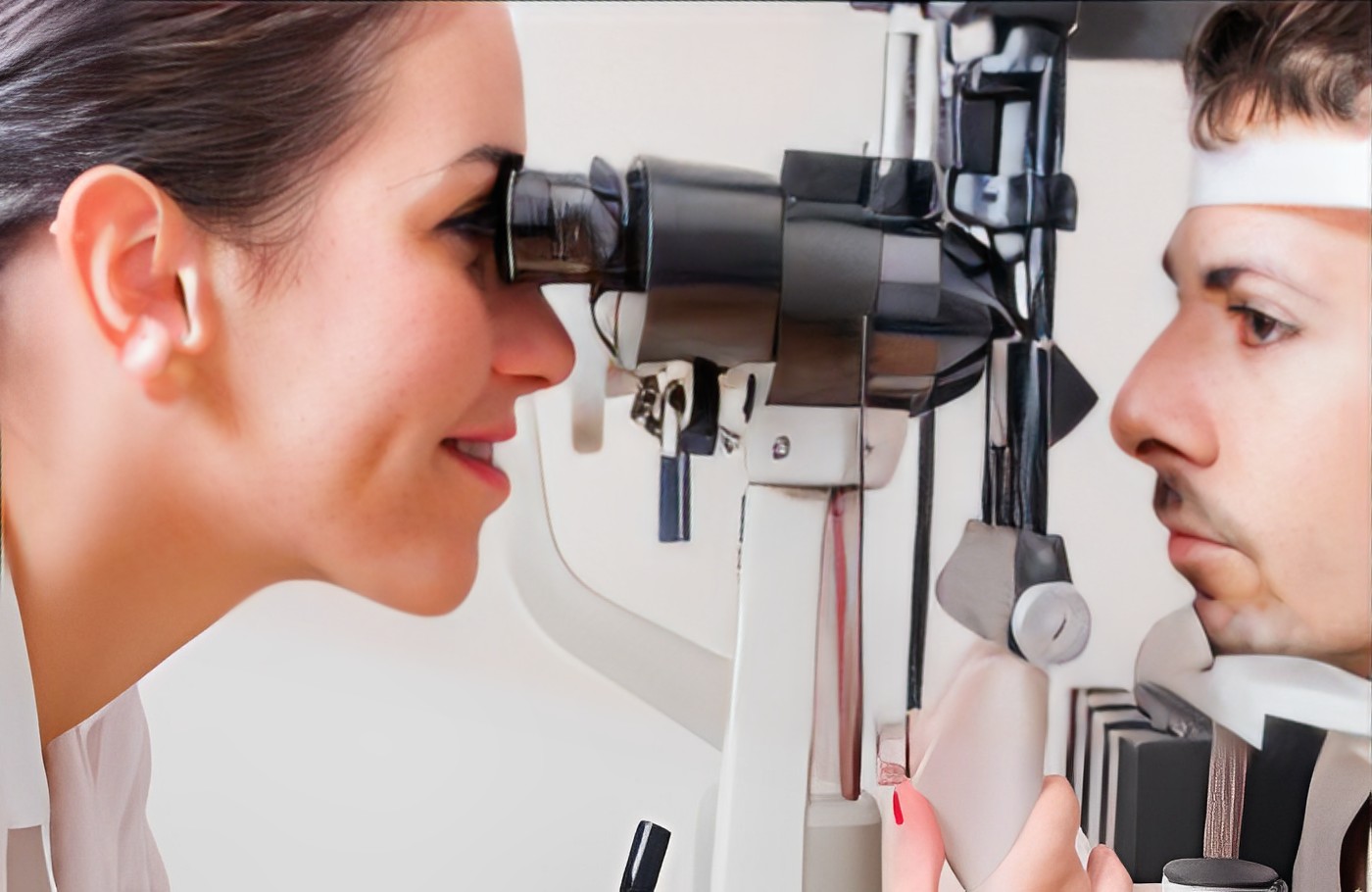1968年,美国国家眼科研究所于美国国会上成立,旨在保护和延长美国人民的视力。50多年来,美国国家眼科研究所(NEI)一直处于视力研究的前线,并将继续支持尖端研究项目,研究预防、治疗甚至逆转视力丧失的新方法。在研究过程中,NEI也在努力帮助公众了解视力问题以及如何保持眼睛健康,让大家对视觉系统(从眼睛到大脑)如何在健康和疾病中发挥作用有了更多了解。
NEI通过向全国和世界各地的150多个医疗中心,大学和其他机构的科学家提供的约2100项研究补助金和培训奖来支持视力研究。NEI还会在位于马里兰州贝塞斯达的NIH校园内使用实验室进行面向患者的研究。
在国会和公众的持续支持下,NEI在预防和治疗眼部疾病和视力障碍方面取得了重大进展,包括:预防和逆转视力丧失,了解和治疗罕见的眼部疾病,开发新的治疗方法和技术,传播有关眼睛健康的信息。
NEI认为:许多眼部疾病不可逆地损害视网膜中的神经细胞,视网膜检测光并向大脑发送信号。通常,这种损伤会导致永久性视力丧失或失明。因此,NEI AGI正在协调视网膜再生及其与大脑连接的治疗方法的开发。
除此之外,NEI也在尝试其他疗法:试验AMD的干细胞疗法,用来自患者自身的细胞替换视网膜中受损组织是否可以预防或恢复视力丧失;开发基于基因的治疗方法,尝试用于治疗各种遗传性眼部疾病,虽然一些替代缺陷基因的疗法已经进入临床试验,但研究人员也在探索基因修复的方法。

The National Eye Institute was established by Congress in 1968 to protect and extend the eyesight of Americans. The National Eye Institute (NEI) has been on the front lines of vision research for more than 50 years and will continue to support cutting-edge research programs investigating new ways to prevent, treat, and even reverse vision loss. In the course of its research, NEI is also working to help the public understand vision problems and how to keep their eyes healthy, giving more insight into how the visual system -- from the eyes to the brain -- plays a role in health and disease.
NEI supports vision research through approximately 2,100 research grants and training awards to scientists at more than 150 medical centers, universities and other institutions across the country and around the world. NEI will also conduct patient-oriented research using laboratories on the NIH campus in Bethesda, Maryland.
With the continued support of Congress and the public, NEI has made significant advances in the prevention and treatment of eye diseases and vision disorders, including: preventing and reversing vision loss, understanding and treating rare eye diseases, developing new treatments and technologies, and disseminating information about eye health.
According to NEI, many eye diseases irreversibly damage nerve cells in the retina, which detects light and sends signals to the brain. Often, the damage results in permanent vision loss or blindness. Thus, NEI AGI is coordinating the development of therapeutics for retinal regeneration and its connection to the brain.
In addition, NEI is also trying other treatments: testing stem cell therapy for AMD to see if replacing damaged tissue in the retina with cells from the patient's own skin can prevent or restore vision loss; Developing gene-based therapies to try to treat a variety of inherited eye disorders, and while some therapies to replace faulty genes have entered clinical trials, researchers are also exploring ways to repair genes.